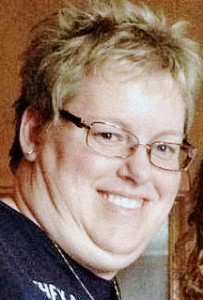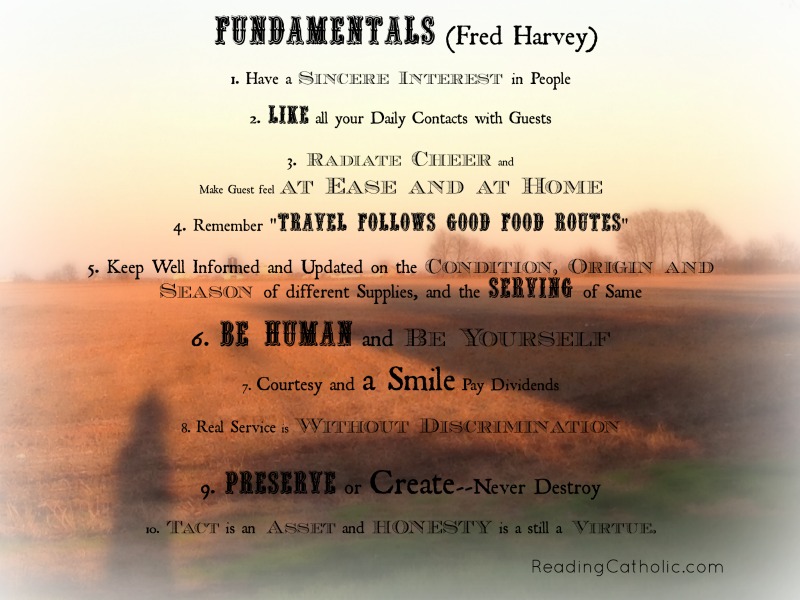{Following is this month’s “Meet a Reader” feature that appears in this week’s print version of The Catholic Post.}
How you know me:
I am a parishioner of St. Ann Church in Peoria with my husband and foster daughter. I grew up in Morton and attended Blessed Sacrament Parish where my parents are still members. I have been a teacher for 20 years and have worked at Peoria Notre Dame and Peoria Heights High School. I am active in TEC, WATCH, JAM, and Cursillo.
Why I love reading:
I love to read because I love to learn. I especially love to read books and articles about three topics: faith, people, and science. The books I enjoy most intertwine those topics. Although I did not always enjoy reading I found it was the best way to learn about new things. Throughout the years, I mostly read scientific journals, but I have learned to appreciate biographies and novels. As a teacher, I love to challenge myself.
What I’m reading now:
I am currently reading two books.
Inheritance: How Our Genes Change Our Lives—And Our Lives Change Our Genes by Sharon Moalem, discusses how genetic breakthroughs are transforming our understanding of the world and our own lives. It is remarkably spiritual and scientific at the same time.
I’m also reading Bread and Wine: A Love Letter to Life Around the Table by Shauna Niequest. It’s a series of short experiences around the table which help us to grow in our faith by sharing a meal with family and friends. It brings the focus of meals back to the ultimate feast of bread and wine in the Body and Blood of Christ.
My favorite book:
My favorite book is A Love Worth Giving: Living in the Overflow of God’s Love by Max Lucado. In the book, Lucado takes the verses from 1 Corinthian 13:4-8 and makes it unforgettable in our daily lives in very simple ways.
He has the ability to take the verses which are so familiar to us and turn them around so that we can evaluate how we are loving those around us. Do we love them the way God intended us to love others as ourselves? I have reread this book several times, and each time I learn more about the incredible love God has for us if we only are willing to allow Him to love all of us.














 Emily of Deep Valley by Maud Hart Lovelace. (I love all the Betsy-Tacy books, but I’d have to say this is my absolute favorite book of Lovelace).
Emily of Deep Valley by Maud Hart Lovelace. (I love all the Betsy-Tacy books, but I’d have to say this is my absolute favorite book of Lovelace).











